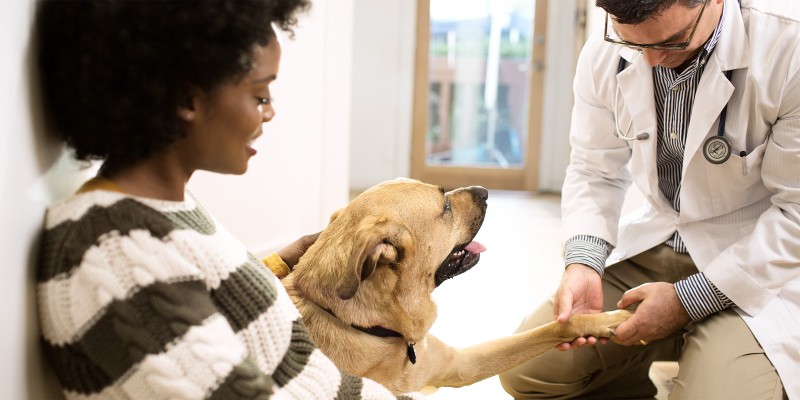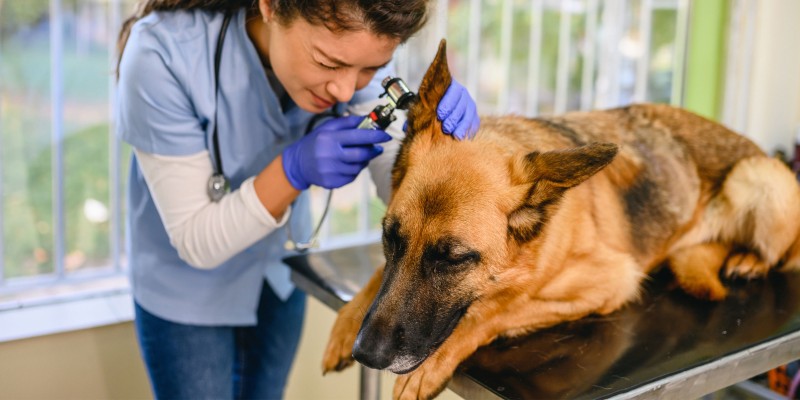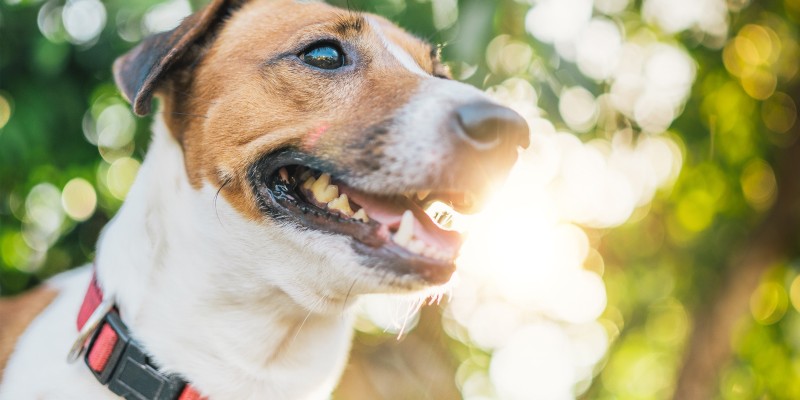Dog Health: Skin, Fur & Ears
Your dog's skin, fur, and ears are important indicators of their overall health and well-being. Discover how to keep them healthy and nourished with our expert guides and advice. These articles provide valuable insights to help identify common skin and ear problems, as well as tips for keeping your dog's coat shiny and healthy. Whether you're a new dog owner or a seasoned pro, our expert advice will help you maintain your furry friend's overall health and happiness.















